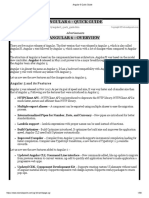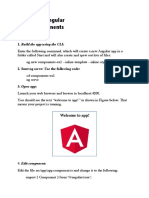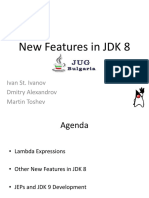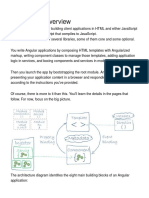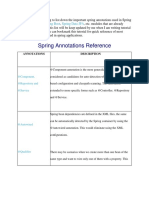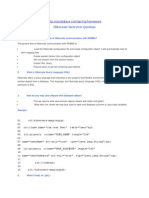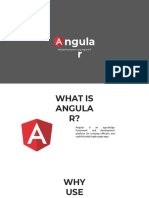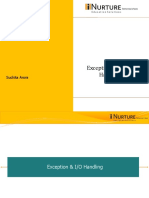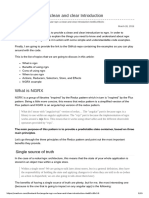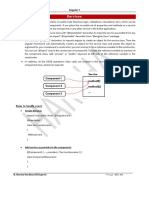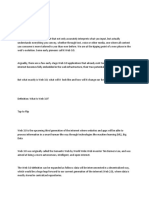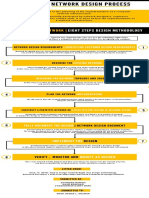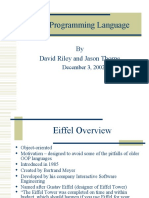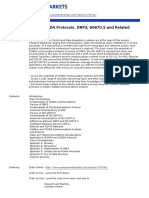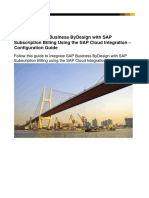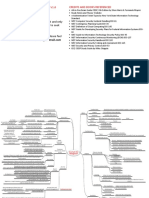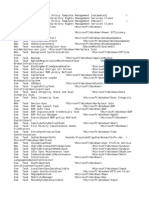0% found this document useful (0 votes)
226 views5 pagesAdvanced Angular 13 Course Guide
This 40 hour course teaches advanced Angular concepts for building professional web applications. It covers topics like advanced RXJS, Angular CLI, forms, platform agnostic rendering, change detection, dependency injection, ngrx, and testing. The goal is for students to become truly proficient Angular developers. The course is suited for software developers with over a year of Angular experience. Key topics include optimizing performance with RXJS, creating libraries and publishing to NPM, server-side rendering for initial load times, change detection strategies, and state management with ngrx.
Uploaded by
yogCopyright
© © All Rights Reserved
We take content rights seriously. If you suspect this is your content, claim it here.
Available Formats
Download as PDF, TXT or read online on Scribd
0% found this document useful (0 votes)
226 views5 pagesAdvanced Angular 13 Course Guide
This 40 hour course teaches advanced Angular concepts for building professional web applications. It covers topics like advanced RXJS, Angular CLI, forms, platform agnostic rendering, change detection, dependency injection, ngrx, and testing. The goal is for students to become truly proficient Angular developers. The course is suited for software developers with over a year of Angular experience. Key topics include optimizing performance with RXJS, creating libraries and publishing to NPM, server-side rendering for initial load times, change detection strategies, and state management with ngrx.
Uploaded by
yogCopyright
© © All Rights Reserved
We take content rights seriously. If you suspect this is your content, claim it here.
Available Formats
Download as PDF, TXT or read online on Scribd
/ 5



